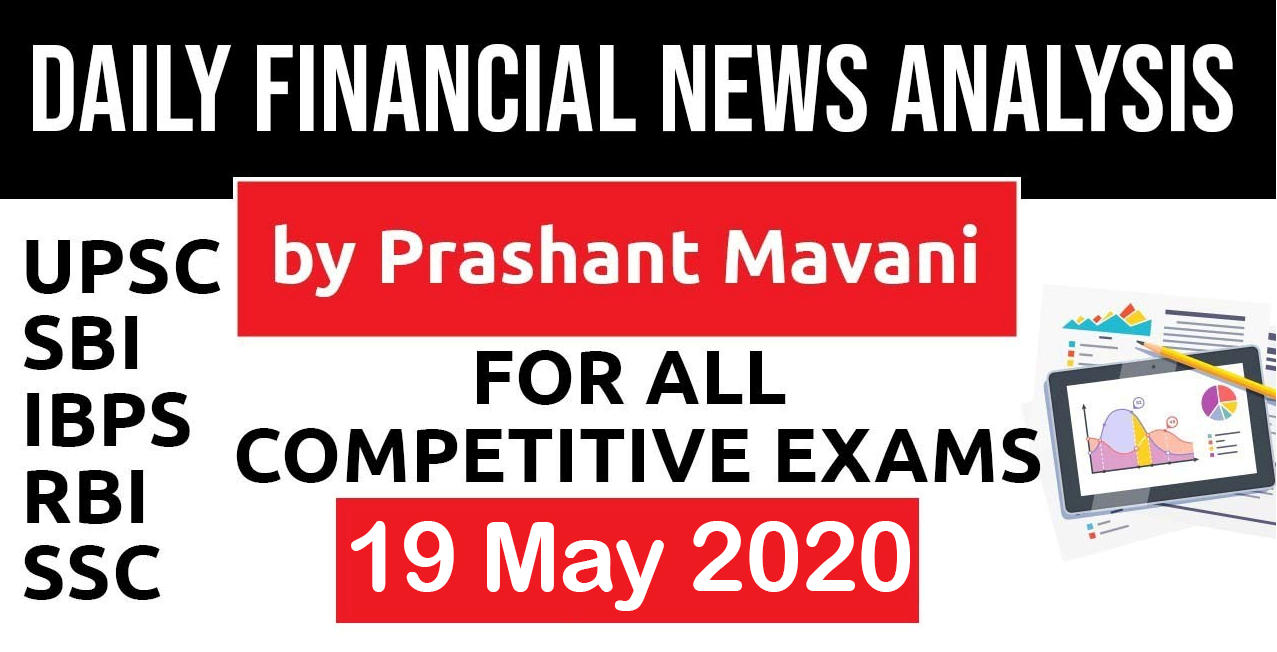Table of Contents
MHA wage order
- The Central government has withdrawn its March 29 circular wherein it had asked private establishments, including MSMEs to pay full salaries to their employees irrespective of their presence in the workspace due to Covid-19 lockdown.
- The fourth phase of lockdown came into effect from Monday and will continue till May 31.
- The fresh guidelines repealed the March 29 circular which made compulsory wage payment to workers.
- This comes after the Supreme Court in its May 15 ruling stayed the operation of the MHA circular asking private companies to pay full salaries to their employees.
- The apex court asked the Centre and states not to prosecute private firms, factories and others over non-payment.
- The court stayed the MHA order while hearing various petitions filed by companies including Ludhiana Hand Tools Association and Ficus Pax.
- The petitioners had sought the quashing of the circular and expressed fear that making such payments will lead to the closure of many of the units and will ultimately cause permanent unemployment.
Ecomm
- India’s top online marketplaces have begun accepting orders to deliver both essential and non-essential products across the country except within containment zones.
- Amazon, baby products retailer Firstcry and beauty portal Nykaa were among those which began full-fledged operations on Monday.
- Centre’s directives aimed at unshackling the economy in the fourth phase of the nationwide lockdown to stem the spread of Covid-19.
- Online retailer will work in accordance with the directives from the government and local authorities.
Bad Loan
- The Indian Banks’ Association has asked the Reserve Bank of India to ease bad loan recognition norms to 180 days from the current 90 days.
- Bankers led by the IBA have also asked the regulator to extend a moratorium on loans and the standstill on stressed accounts by at least one more quarter.
- They have also sought a one-time restructuring of all loans and a specific term loan package for sectors that are under stress due to the Covid-19 pandemic.
- On March 27, the RBI allowed banks to extend a three-month moratorium on all loan payments.
- Rating agency Crisil expects that banking sector NPAs will rise to 11-11.5% by March 2021 from an estimated 9.6% as of March 2020, with sharply lower recoveries and rising slippages.
Vocal for local labour
- Anticipating higher production in coming weeks, industries have started looking for local labour to fill in for their migrant workers who have either returned home or are waiting to go back and reluctant to work in industry now.
- Staffing firm TeamLease said that the requests for unskilled and semi-skilled workers have gone up by 30% in the past week and could go up further going forward.
- Manufacturers need people for skilled roles like operating machines and working on production lines, as well as for jobs not requiring any skills training like packing, logistics and sanitation.
- TeamLease said on the week starting May 4, there was industry demand for around 10,000 workers in non-containment areas.
- This rose to around 13,000 in the next week and is expected to grow by about 40% this week.
- Companies are going to train more people to cope with skilled labour shortage.
- Some are trying to attract skilled employees from smaller firms that haven’t resumed production yet.
- Companies are also asking their employees to refer skilled people who are unemployed now.
MSMEs – Fresh Loans
- Many small businesses are wary of taking fresh loans even if they are backed by government guarantee.
- Not sure how much demand will be there?
- MSMEs expected a direct relief from the government in terms of waiving of electricity bills, payment of salaries, among others that would have helped them stay afloat.
- Making sales and realising payments amid the pandemic remains a concern for most small businesses.
India-WTO
- India has objected to the push by developed countries including Singapore and New Zealand seeking permanent tariff liberalisation on a range of products such as ice cream and cut flowers.
- India has said that this demand from developed countries is a “thinly-veiled bid” to use the crisis as an opportunity to gain market access for their exporters.
- New Delhi also told the World Trade Organization (WTO) on Friday that it cannot agree to permanent tariff concessions on medical products, which is a nascent domestic industry.
- India also said developing countries seeking to shore up manufacturing capacity of medical products will require tariff protection for their nascent domestic industry.
- Further, job losses in many service sectors have to be compensated elsewhere.
- India also pitched for the use of TRIPs flexibilities to ensure access to essential medicines, treatments and vaccines at affordable prices.
Download Free PDF






















 WhatsApp
WhatsApp